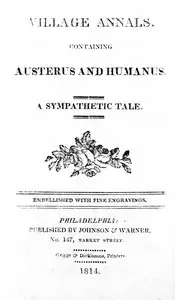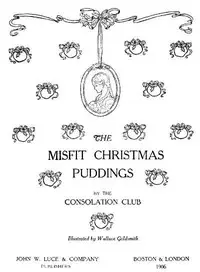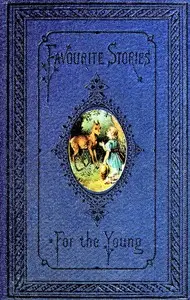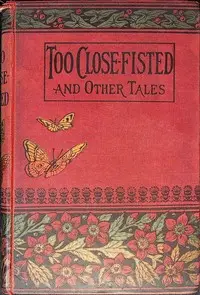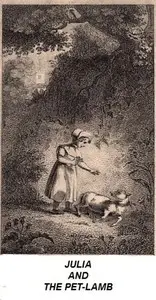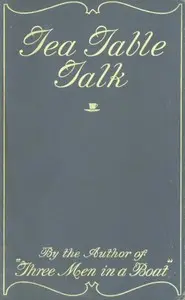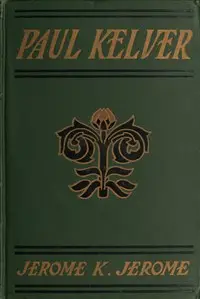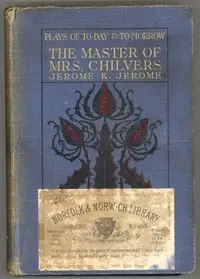"The Cost of Kindness" by Jerome K. Jerome, is a funny short story set in a small English village called Wychwood-on-the-Heath, where the residents are saying goodbye to their vicar, Reverend Augustus Cracklethorpe. The story looks into the tricky parts of relationships, especially kindness, misunderstandings, and how people really feel about each other. It mainly focuses on Mr. and Mrs. Pennycoop trying to be nice to the unpopular Rev. Cracklethorpe as he leaves. Mrs. Pennycoop's attempts to make peace actually show what the village truly thinks. In a surprising twist, the vicar learns people actually like him and decides to stay, but only if they pay for an assistant. With a humorous tone, the story pokes fun at human behavior and the false ideas that often mess up how people connect, showing that kindness can reveal a lot about relationships.

The Cost of Kindness
By Jerome K. (Jerome Klapka) Jerome
In a small village, a departing vicar's unpopularity takes a surprising turn when a couple's act of kindness reveals hidden affection, leading to an unexpected decision to stay, but only with a catch.
Summary
About the AuthorJerome Klapka Jerome was an English writer and humorist, best known for the comic travelogue Three Men in a Boat (1889). Other works include the essay collections Idle Thoughts of an Idle Fellow (1886) and Second Thoughts of an Idle Fellow; Three Men on the Bummel, a sequel to Three Men in a Boat; and several other novels. Jerome was born in Walsall, England, and, although he was able to attend grammar school, his family suffered from poverty at times, as did he as a young man trying to earn a living in various occupations. In his twenties, he was able to publish some work, and success followed. He married in 1888, and the honeymoon was spent on a boat on the River Thames; he published Three Men in a Boat soon afterwards. He continued to write fiction, non-fiction and plays over the next few decades, though never with the same level of success.
Jerome Klapka Jerome was an English writer and humorist, best known for the comic travelogue Three Men in a Boat (1889). Other works include the essay collections Idle Thoughts of an Idle Fellow (1886) and Second Thoughts of an Idle Fellow; Three Men on the Bummel, a sequel to Three Men in a Boat; and several other novels. Jerome was born in Walsall, England, and, although he was able to attend grammar school, his family suffered from poverty at times, as did he as a young man trying to earn a living in various occupations. In his twenties, he was able to publish some work, and success followed. He married in 1888, and the honeymoon was spent on a boat on the River Thames; he published Three Men in a Boat soon afterwards. He continued to write fiction, non-fiction and plays over the next few decades, though never with the same level of success.


